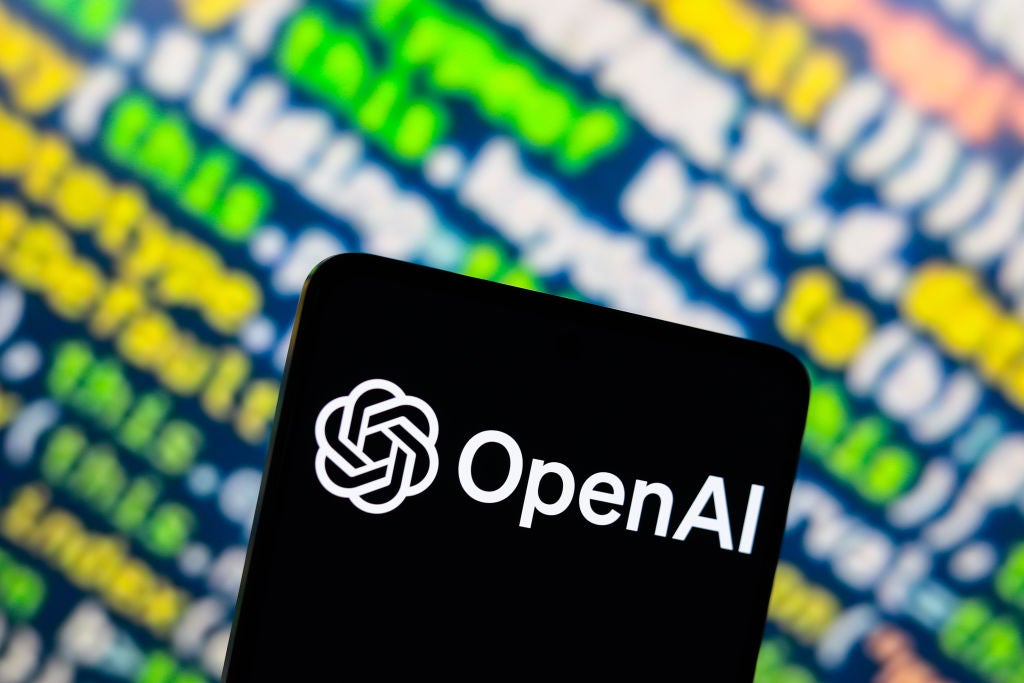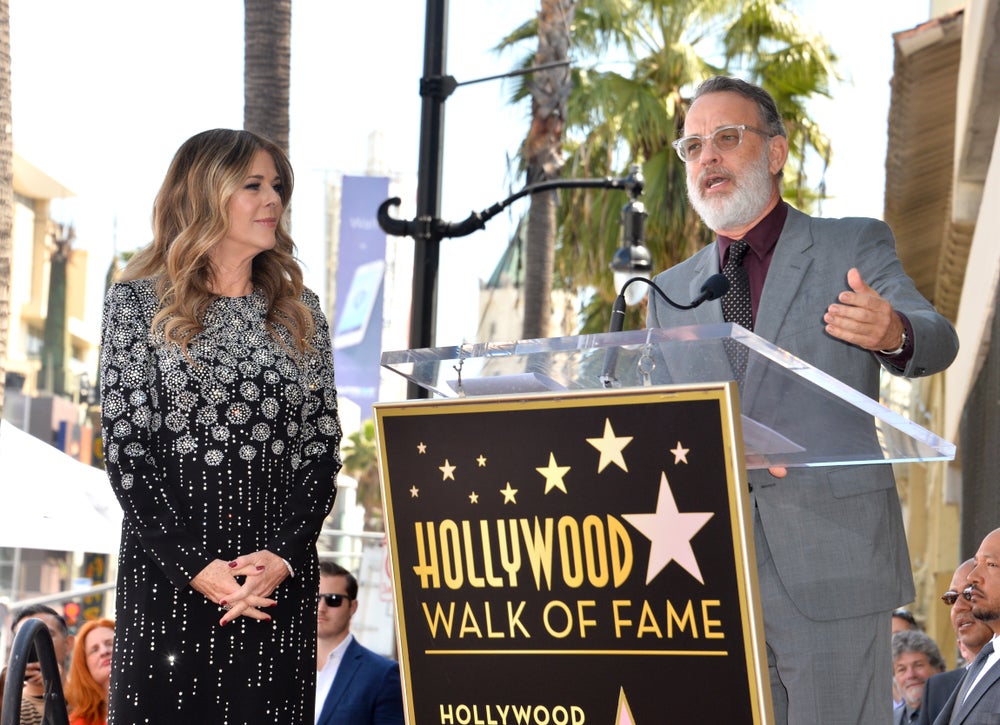Payments should be just like a WhatsApp message: global, immediate and transparent, Peter De Caluwe, CEO of a B2B paytech platform Thunes tells Douglas Blakey
If a text message is instantly sent via the internet, and two ticks are able to tell you that it was delivered and that it was read – why in 2021, can’t the same happen with money? Thunes is setting out to solve this challenge.
Thunes is helping people and business around the world take part in the global economy by enabling fast, easy and affordable international payments – often 10 times cheaper than via the bank rails, and in real time.
The challenge now is to solve some of the hardest payment challenges in the world – fragmentation, lack of speed, and interoperability.
In addition, there is an ongoing fight to attract and retain more staff, known as Thunesters, to help De Caluwe continue Thunes’ impressive progress to date.
Despite the overall adoption of digital payments, the international payments landscape remains complex and fragmented. Every country has its own leaders and habits. The divergence of payment methods and country policies limits the ability for companies of any size to access international payments quickly and easily.
How well do you really know your competitors?
Access the most comprehensive Company Profiles on the market, powered by GlobalData. Save hours of research. Gain competitive edge.

Thank you!
Your download email will arrive shortly
Not ready to buy yet? Download a free sample
We are confident about the unique quality of our Company Profiles. However, we want you to make the most beneficial decision for your business, so we offer a free sample that you can download by submitting the below form
By GlobalDataDe Caluwe tells RBI that SWIFT, built in the 1970s, cannot resolve all the challenges, as it relies on complex interbank links.
He adds: “This complex landscape results in high costs for financial institutions, which they inevitably pass on to customers. That, in turn, results in slow, costly, and at times, unreliable ways of moving money, and further worsens the gap in financial inclusion.”
Thunes goal: the WhatsApp of payments
De Caluwe says: “2022 for Thunes is all about three elements. We are still building our infrastructure. Currently we have 126 countries and we want to grow another 25 to 30 countries this year. A second priority is the quality of our service. If someone pushes the button for a payment from A to B, the aim is to tell you exactly how much it costs and tell you when it arrives. We want the payments to arrive instantly across our network. In the new world, the new generation we want payments to be like sending a WhatsApp message.
“And we want more users added to the Thunes network. That is corporates, companies, banks are users of our network. A bank can connect to us and move money instantly to any other bank in one of those 126 countries or a corporate can connect to us or a SME in the future.
“Then there is the priority of finding the right Thunesters. Talent is extremely difficult to find. We tend to operate globally but we are a very small company compared to the big tech giants in the US. We are only 300 people but those 300 people represent 45 different nationalities.
It is very hard to go into a country and hire one person individually and convince them that we are here to stay, that we are here for the long term. So, we must attract that talent and motivate them to join us. The fight for talent in the markets we operate is hard where we operate and we must find the right talent and make sure that they are passionate as myself to grow the business.”
Looking ahead, De Caluwe says that there are more than one billion people who do not use banks but who do use wallets. The wallets are provided by telecom providers or e-commerce businesses. There are more than one billion excluded from the privileged ecosystem. And there are banks in the tens of thousands around the world, small, family, banks, are very keen to find alternatives to SWIFT.
Thunes: a growing railway network
“We focus on the $15trn of smaller payments currently transferred across SWIFT, say $50 to $100 all the way up to $100,000. If you pay someone, currently in an emerging market, say $250, it can cost in the traditional system say $50 to make the transfer. And the person will have to wait a day or two received the payment.”
He likens the Thunes expansion drive to a growing railway network. “We provide the rails and the payments pass over the rails. The more stations added, the more people can send and receive payments.”
And as De Caluwe stresses, he is not nearly finished the job of adding more stations.
Thunes timeline:
- Feb 2019 TransferTo announces rebrand with the creation of two market defining companies: DT One and Thunes
- March 2019 Thunes partners with Western Union
- May 2019 Thunes lands $10m funding
- June 2020 Thunes agrees partnership with Commercial Bank of Dubai
- May 2021 Thunes secures $60m in Series B funding round
- July 2021 Thunes acquires Limonetik
- November 2021 Thunes agrees partnership with Finastra
- November 2021 Thunes secures payment institution licence in France
- November 2021 Thunes partners with Ethiopia’s Ethio Telecom
- December 2021 Thunes teams up with Brazilian digital payments firm Bexs Banco to bring real-time payments to Brazil
- January 2022 Thunes makes senior hires, kicks off expansion into Greater China
RBI editor Douglas Blakey speaks with Thunes CEO Peter De Caluwe







